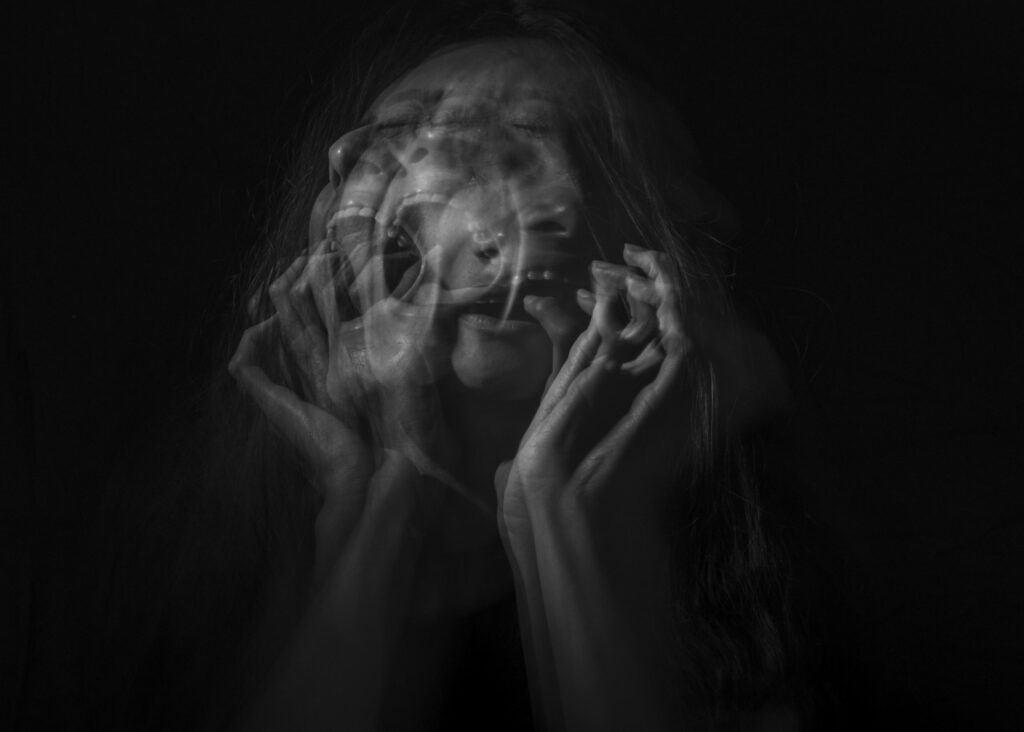Psilocybin is a naturally occurring chemical that promotes psychoactive and hallucinogenic effects. This substance was found in certain species of mushrooms, called magic mushrooms. People take psilocybin for different purposes – spiritual, recreational, or medical. Over the recent years, studies on this chemical have rapidly increased. Scientists focus on investigating psilocybin and mental health conditions since this active compound has shown the potential to treat depression and anxiety. In this article, we’ll walk you through the mental health benefits of psilocybin and discuss whether they are possible at all.
What is psilocybin?
Psilocybin is a hallucinogenic substance containing mushrooms that grow in South America, Mexico, the U.S., and Europe. There are around 180 types of magic mushrooms in the wild. This chemical is classified as indole-alkylamine, or tryptamine. Psilocybin is mostly abused for its euphoric effects that produce a psychedelic trip. Besides, the hallucinogenic effects are explained due to the influence of psilocybin on serotonin receptors in the central nervous system.
Psilocybin is a Schedule I substance under the Controlled Substances Act in the USA. This status means that a chemical has a high risk for abuse and no accepted medical use. This compound also features a lack of safety to utilize under medical supervision.
Psilocybin studies in mental health
Psilocybin mental health influence was a point of interest for multiple researchers over the recent years. According to a 2016 study that involved 29 patients with cancer who get stressed about their diagnosis, the single administration of psilocybin was investigated to reduce anxiety associated with cancer. Moreover, participants continued to report improvements in their depression and anxiety states for the next six months.
Psilocybin studies in mental health incorporate another 2021 study. It has been shown that 164 participants reported significant relief of anxiety, stress, and depression after they went through a psychedelic experience. Apart from that, a 2020 psilocybin research on mental health proved that participants with a history of eating disorders reported reducing depression symptoms after the administration of psychedelics.
What happens during the psilocybin therapy
Psychedelic therapy utilizes hallucinogenic substances, including psilocybin, to treat a range of mental health issues. It should be conducted under professional supervision, and it is typically combined with other treatments for better results. Research on psychedelic therapy has shown that the effects come straight after a single administration. The healing process happened due to the intense, meaningful experiences on psychedelics. This, in turn, can shift a patient’s mindset and cause them to behave or think differently.
How psilocybin affect the brain?
Once magic mushrooms are taken, psilocybin begins to metabolize into psilocin which reaches the human brain and influences serotonin receptors called 2A. The increased activity in the visual cortex causes changes in world perception, while loss of ego is caused by reduced activity in the default mode network. Psilocybin mental health effects are mostly mind-altering.





